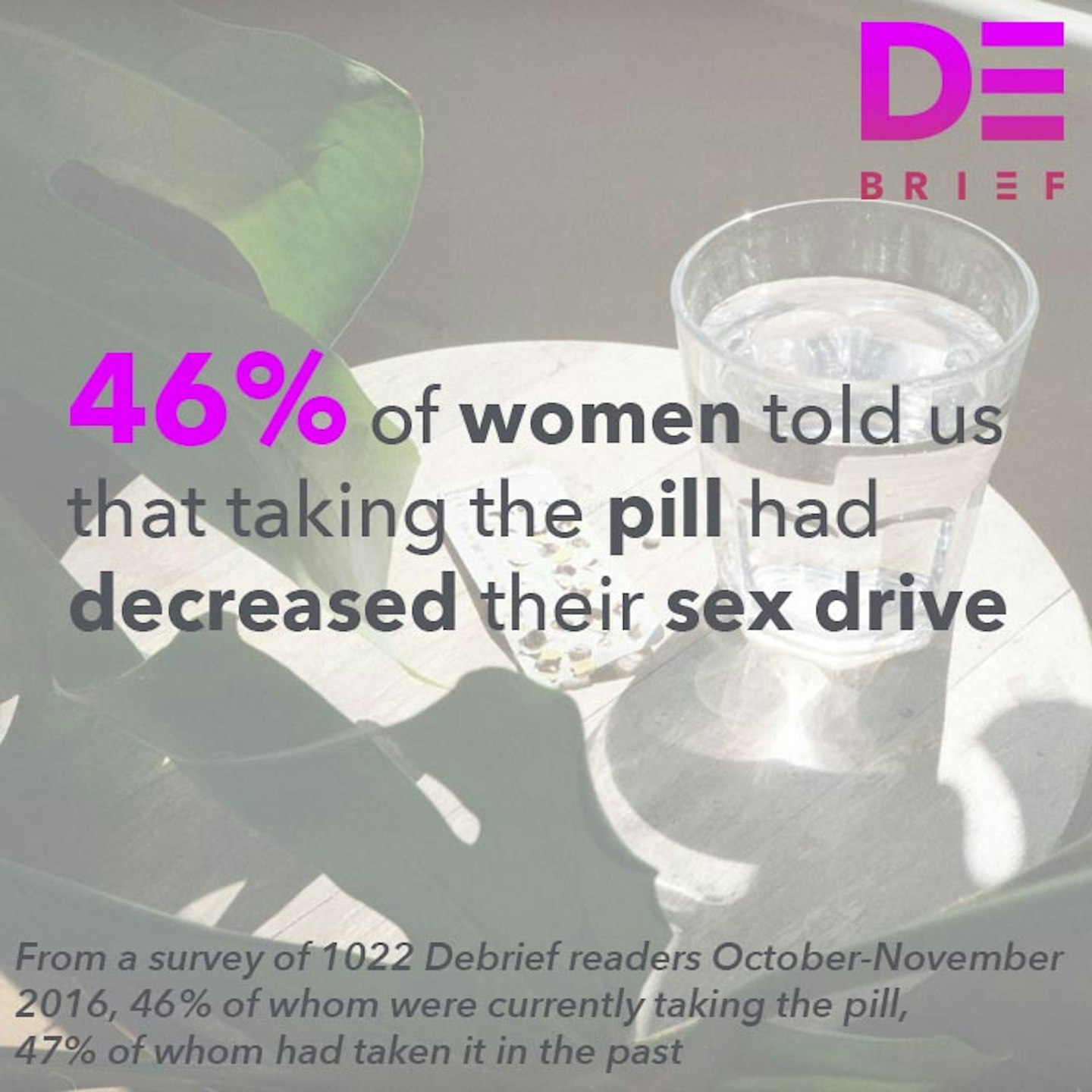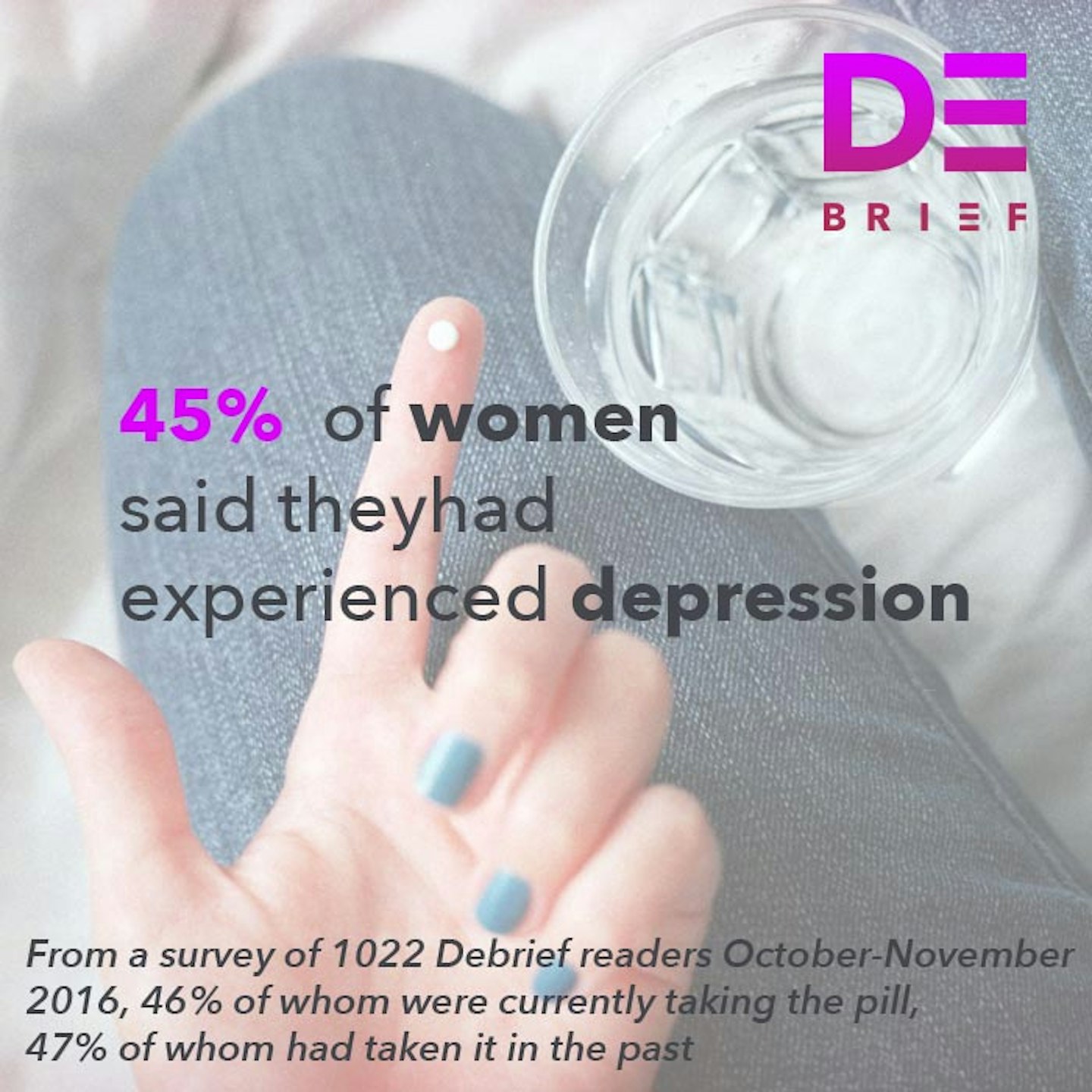Imagine that, for whatever reason, you find yourself in police custody. As you wait in a cell, possibly wearing a thin paper suit because your clothes are evidence or have been taken, your period comes. You bleed out onto whatever clothes you have or onto the paper suit.
Unfortunately, for women in police custody this scenario is all too real. An independent watchdog has written to the Home Secretary, Amber Rudd, as well as Secretary of State for Education (which also oversees women and equalities issues), Justine Greening, to warn them that failures the give women in police custody the sanitary protection and products they need is a breach of their human rights.
The Independent Custody Visiting Association (ICVA) found that the needs of menstruating women in custody are regularly and routinely ignored. This, they say, entails often being left without the assistance of woman police officers, without access to adequate and hygienic sanitary protection and, as if that’s not bad enough, without facilities for washing and changing while on their period.
The letter says that this belies the ‘inadequate consideration’ being ‘given to menstruation’. At its worst, they say this can mean ‘women left in paper suits without their underwear and without sanitary protection.’
WATCH NOW: What Do Women In Boston And Skegness Think About Brexit?
Last year the ICVA’s work shone a light on the experience of one woman in particular who was, they say, ‘observed by visitors in a police cell, stripped and dressed in a paper suit. Her underwear had been removed although she had her period’. They report that a visitor asked that this woman was given underwear and sanitary protection and say this was ‘refused’.
The ICVA’s research says that the above incident was ‘not an isolated incident’ and that ‘poor practice’ is happening across England and Wales when it comes to women and girls having their period while in custody. They say ‘little privacy is offered for the changing of sanitary protection’ and ‘hygenic facilities for washing’ are not always made available. More than this, they also state that, in some police forces, CCTV footage of toilets in cells is not been pixelated.
To give you some idea of how many women this could have affected approximately 150,000 women were arrested in the year between 2015 and 2016. Many of them would have been taken into police custody and held in a cell.
Speaking to The Debrief, Katie Kempen, the Chief Executive of the ICVA said ‘we provide public eyes and ears on the ground in custody and are able to highlight practices that may be well-intentioned, but compromise the dignity of detainees’. They went on to explain that they were ‘surprised that the needs of menstruating women were not’ included in the government guidelines (PACE Code C) on how suspects should be detained and treated. These guidelines, she explained, address ‘the needs of other vulnerable groups such as children and those with a disability. We therefore argue that it is a reasonable request to cover the needs of female detainees and call on the Home Secretary to conduct an equality impact assessment on the treatment of women in police custody’.
The ICVA’s research has found that women are strip-searched, subsequently having their clothing removed, but there is ‘no statutory guidance’ for officers on how to treat women and girls who are on their period.
Kempen added ‘Dignity in the cells must mean dignity for all. Period. No woman or girl should be left bleeding in a cell in indignity simply for want of a difficult conversation or an inexpensive box of tampons’.
You might well be wondering how on Earth this could be happening to women, in Britain in 2017 and that’s a very good question. It certainly shouldn’t be happening and, from a legal perspective may even be breaching human rights law.
Along with the letter, a legal argument from barristers Caoilfhionn Gallagher QC and Angela Patrick of Doughty Street Chambers was sent to the Home Secretary. It states that a continued failure to make sure that women in custody have access to ‘safe and adequate’ sanitary protection ‘is likely to breach human rights standards, including the Human Rights Act 1998 and the Equality Act 2010’. Gallagher and Patrick also note that legally ‘leaving women and girls in cells without access to a pad or a tampon may also amount to degrading treatment under international human rights law’.
**MORE: We find out what the pill is doing to your mental health... **
Debrief Mad About The Pill Stats
 1 of 9
1 of 9Debrief Mad About The Pill Stats
 2 of 9
2 of 9Debrief Mad About The Pill Stats
 3 of 9
3 of 9Debrief Mad About The Pill Stats
 4 of 9
4 of 9Debrief Mad About The Pill Stats
 5 of 9
5 of 9Debrief Mad About The Pill Stats
 6 of 9
6 of 9Debrief Mad About The Pill Stats
 7 of 9
7 of 9Debrief Mad About The Pill Stats
 8 of 9
8 of 9Debrief Mad About The Pill Stats
 9 of 9
9 of 9Debrief Mad About The Pill Stats
The Debrief contacted the Home Office for a comment. A spokesperson said ‘everyone who is held in custody should be treated with dignity and have their needs respected. That is why we are working closely with the Independent Custody Visiting Association and the National Police Chiefs’ Council to understand where improvements can be made on this issue.
You might also be interested in:
The Protests At Yarl's Wood Show Us That The Election Is Just A Side Show
**Follow Vicky on Twitter **@Victoria_Spratt
This article originally appeared on The Debrief.
